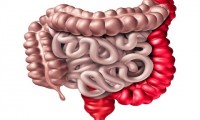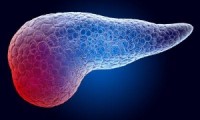-
Blood-Based Test Detects and Monitors Aggressive Small Cell Lung Cancer
- Source: drugdu
- 90
- April 18, 2024
-
Francis Crick researchers reveal pathways linking intestinal inflammation and colitis
- Source: drugdu
- 83
- April 17, 2024
-
Nine UCL researchers secure £560m in research funding from ERC
- Source: drugdu
- 82
- April 17, 2024
-
Candel wins FDA orphan drug designation for pancreatic cancer drug
- Source: drugdu
- 74
- April 16, 2024
-
Rallybio and J&J collaborate to tackle maternal-foetal blood disorder
- Source: drugdu
- 108
- April 13, 2024
-
Novartis Pays $150M to Nab a Phase 3-Ready Protein Degrader for Prostate Cancer
- Source: drugdu
- 78
- April 13, 2024
-
Pfizer meets Phase III primary endpoints for RSV vaccine Abrysvo
- Source: drugdu
- 105
- April 11, 2024
-
Oryzon wins FDA approval to begin SCLC treatment trial
- Source: drugdu
- 77
- April 11, 2024
-
US researchers reveal positive results of personalised vaccine for liver cancer
- Source: drugdu
- 114
- April 11, 2024
your submission has already been received.
OK
Subscribe
Please enter a valid Email address!
Submit
The most relevant industry news & insight will be sent to you every two weeks.













